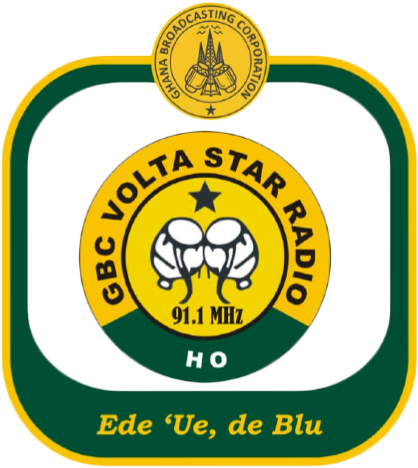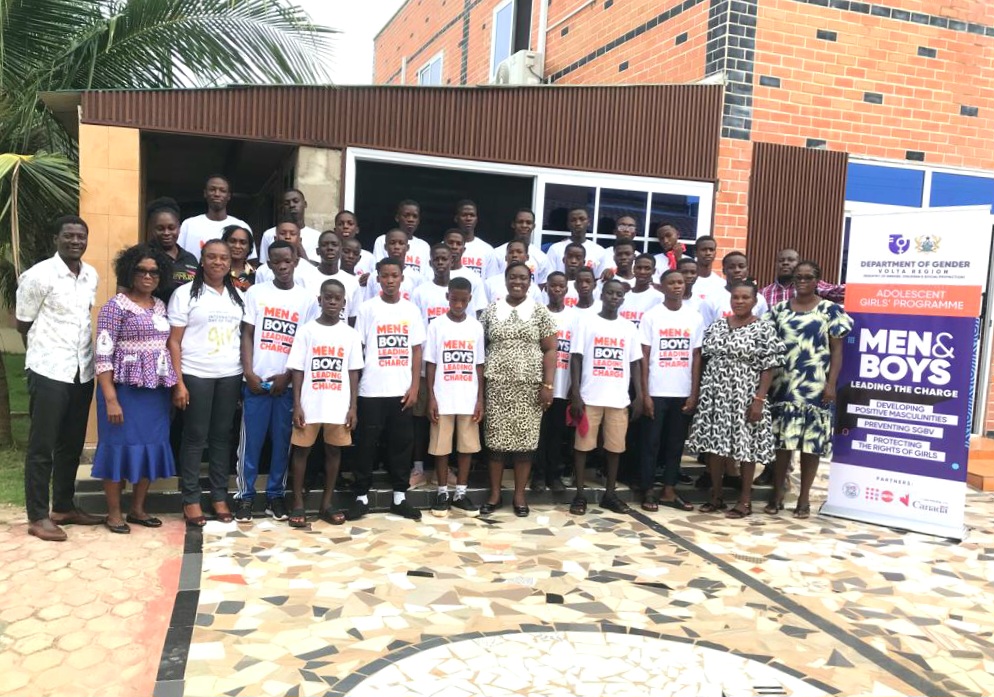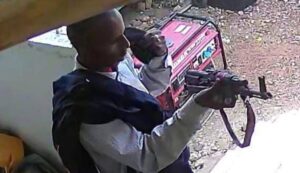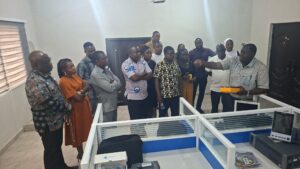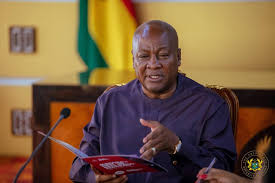By Jones Anlimah
The Volta Regional Office of the Department of Gender has taken a major step in strengthening gender advocacy by training 30 adolescent boys and 41 adult men from five districts as peer educators and champions for gender equality and the protection of girls’ rights.
The training, held in Keta, is part of the Department’s Male Engagement Initiative under the Adolescent Girls Programme (AGP), supported by UNFPA and the Government of Canada. It falls under the Phase II of the Adolescents Girls’ Programme funded by Global Affairs Canada and forms part of a broader gender-transformative strategy aimed at reshaping harmful norms, reducing gender-based violence, and building more equitable communities across the region.
Participants were drawn from five UNFPA AGP partner districts including Keta Mnuicipal, Anloga, Akatsi North, Adaklu and Central Tongu districts.
Volta Regional Director of the Department of Gender, Mrs. Thywill Eyra Kpe, said engaging men and boys is no longer optional but fundamental to achieving gender equality. She noted that harmful gender norms, toxic masculinities and unequal power relations continue to fuel adolescent pregnancy, child marriage and the marginalisation of girls, all of which are issues the region has worked tirelessly to combat.
“Changing the gender status quo requires changing the lives of both men and women,” she said. “These boys and men are not just participants; they are emerging advocates who will drive community-level change, promote positive masculinities and stand up for girls’ rights.”
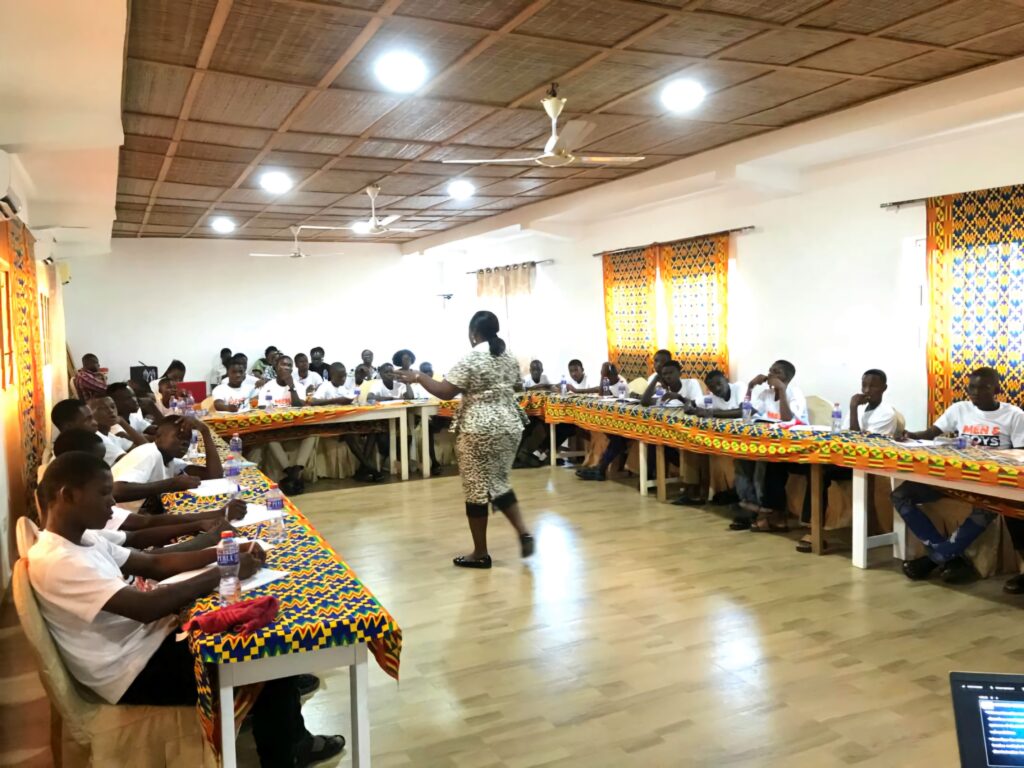
The workshop explored critical themes including adolescent sexual and reproductive health, child marriage, sexual and gender-based violence (SGBV), and gender norms that shape relationships between boys and girls. Facilitators used role-plays, group discussions and personal storytelling to help the boys challenge long-held perceptions of manhood.
Keta Municipal Public Health Nurse, Ms Margaret Dorvlo, led sessions on reproductive health and sexually transmitted infections, stressing the need for boys to make informed choices and support girls facing stigma during menstruation. She warned that early and unprotected sex exposes girls to life-threatening complications, increasing the risk of forced school dropout and early motherhood.
Participants shared personal stories of empathy including boys providing sanitary pads to siblings and helping female classmates manage menstrual emergencies, demonstrating the potential of boys to contribute positively to girls’ wellbeing.
Resource person Mrs. Millicent Gadzanku highlighted data showing that Ghana has more than two million child brides, with one in four girls in the Volta Region married or in union before age 18. She urged the boys to use their knowledge to prevent forced marriages and report cases, stressing that the practice remains illegal under Ghanaian law.
A major advocacy component of the training focused on masculinities. Mrs. Kpe explained how gender stereotypes are reinforced through culture, traditions, rites, socialization and even institutional structures. She emphasised that toxic masculinities contribute to emotional suppression, risk-taking, violence and long-term psychological harm among boys themselves.
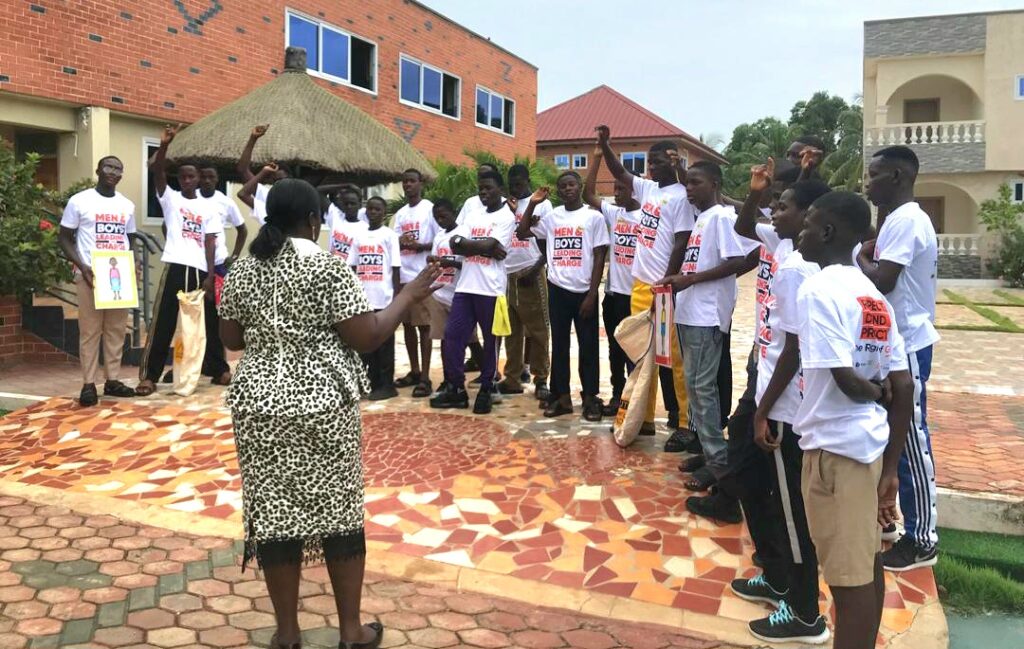
“Real manhood is compassion, accountability, and courage,” she told the boys. “You now carry the responsibility to speak against abuse, protect girls from harm, and champion equality wherever you go.”
The Male Engagement Initiative aligns with national frameworks including Ghana’s Adolescent Health Service Policy, the National Gender Policy, the Child and Family Welfare Policy and international commitments such as CEDAW and ICPD Cairo.
At the end of the workshop, the newly trained boys pledged to act as peer educators in their schools and communities. The Department of Gender says these efforts will help shift attitudes, reduce SGBV, improve dialogue on reproductive health and strengthen support systems for adolescent girls.
The workshop is one of several planned activities under the AGP Male Engagement Initiative, which will also train men as gender transformative champions and conduct broader community sensitisation through the Gender Responsive Empowerment and Adolescent Transformative (GREAT) sessions.
According to the Department of Gender, these interventions aim to build a network of committed male advocates who will help accelerate progress on gender equality, protect girls’ rights and contribute to achieving the Sustainable Development Goals, particularly SDG 5.
